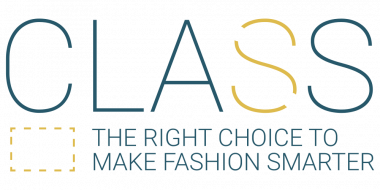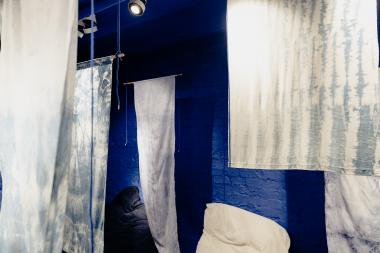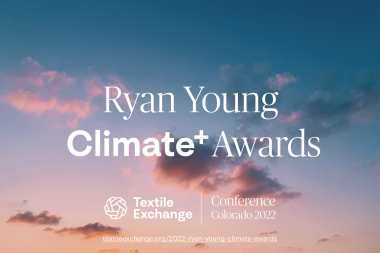Global Fashion Summit: Copenhagen Edition 2023 takes place in June
Global Fashion Summit, a leading international forum for sustainability in fashion, will convene core stakeholders across the fashion ecosystem and parallel industries to drive tangible action on social and environmental sustainability. The Summit is presented by Global Fashion Agenda (GFA). GFA is a non-profit organisation that is accelerating the transition to a net positive fashion industry, under the patronage of HRH The Crown Princess of Denmark. Global Fashion Summit: Copenhagen Edition 2023 will take place on 27-28 June in Copenhagen, Denmark.
The theme of Global Fashion Summit: Copenhagen Edition 2023 is ‘Ambition to Action’. Under this premise, the Summit will present content experiences focused on tangible impact.
The theme will underly all elements of the Summit and Main Stage speakers will showcase inspiring thought leadership for accelerated change by exploring a matrix of interconnected topics. The 2023 Copenhagen Edition will build on more than a decade’s worth of Summit guidance and outcomes by dedicating even more focus towards action-oriented workshops and case studies. Through these formats, the forum will demonstrate tangible learnings and concrete recommendations that can help drive implementation.
The forum will also host strategic roundtable meetings with the aim to mobilise industry leaders to build alliances with solution providers, policy makers, investors and other industry stakeholders and implement immediate solutions. Such alliances can set in motion progress towards a net positive industry. With upcoming policy expected to influence the fashion industry even further this year, the Summit will shed light on the ongoing pieces of legislation currently under discussion both within the EU and worldwide.
This year’s Global Fashion Summit: Copenhagen Edition is supported by Principal Sponsor, Maersk. A globally renowned leader in logistics that aims to deliver a more connected, agile and sustainable future for global logistics. Maersk will support the Summit's agenda to accelerate industry transformation by highlighting how logistics can help the fashion and lifestyle industry in reaching their sustainability goals.
Additionally, the Innovation Forum will present a curated exhibition of other leading sustainable solutions. Summit attendees can meet with exhibitors covering the entire value chain – from innovative materials to end-of-use solutions. Innovation Forum Matchmaking will enable small and large fashion businesses to advance their sustainability journey, by providing the unique opportunity to be matched with relevant solution providers.
Global Fashion Summit Global Fashion Agenda Sustainability Copenhagen Fashion Summit
Global Fashion Agenda
































